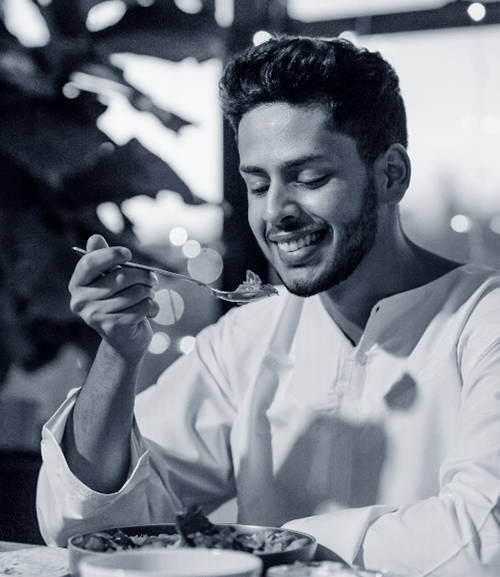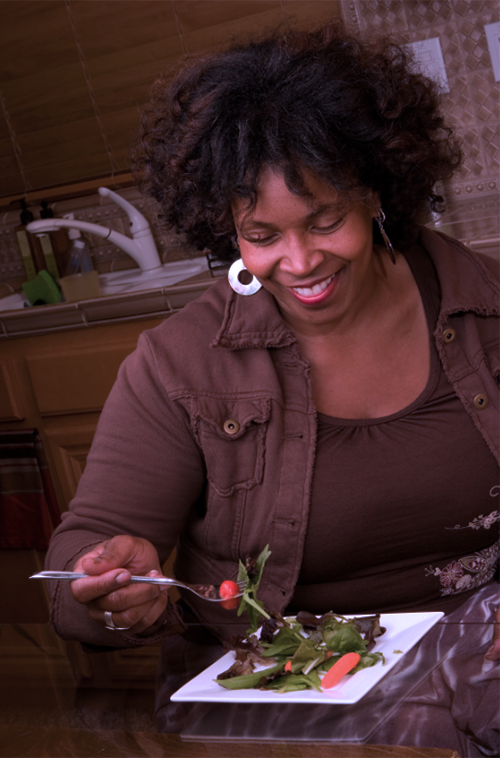
Eat To Live, Not To Live To Eat


Eating Isn't Selfish, It's A Strategy
Unfortunately, many people have created very bad eating habits. The commercialization of fast food, accessible to all, causes many health problems globally. By living in such a fast-paced society and with the ease of acquiring fast food in real time, we have abandoned good eating habits such as preparing fresh food at home. For the caregiver, it is vital to feed the body with nutritious meals to maintain our energy.
It is important to be aware that eating healthy generates energy and preserves your health. Caregivers tend to give we negative feedback regarding food: “I’m very tired, I don’t have time to cook.” This is all part of the caregiver’s journey. I mean, you’re tired, therefore, you have no desire to prepare your own food and eat processed foods. You don’t have an appetite as your physical activity has decreased and you skip meals. If it’s hard for you to carve out time to eat within your work hours, I suggest you set your mealtimes in line with your patient. Eating together connects.
As a caregiver, it’s crucial to prioritize your dietary habits, not only for your own well-being but also for the health of your patient or loved one. Neglecting proper nutrition can lead to physical deterioration and negatively impact your health. I recommend exploring quick and practical meal planning options for both you and your care recipient.
For instance, consider preparing your lunches for the week during your free time, such as on weekends or days off (for professional caregivers). This way, you can simply reheat them each day, saving time and effort. I understand that everyone’s situation is unique, and it may be challenging to find the time and energy for meal preparation.
#almostsixty #youmelegacy #caregiver #yocastabianconi
Source: BREATHE-CAREGIVERS-GUIDE-COMPASSION-RESILIENCE

Yocasta Bianconi
Yocasta BianconiI supports those who are brave enough to care for others. Her journey started with her daughter Vilavy, and grew into a career as a social worker and compassion fatigue coach.Yocasta is here to help families create lasting comfort, balance, and resilience.